Introduction:

This review is by my friend, Hassan Riaz, M.D. Hassan earned his baccalaureate and his medical degree from USC, where, as an undergraduate, he studied creative writing with T.C. Boyle. Hassan has authored numerous and widely published short fiction. He has recently completed a novel, Islamic States of America. He is an avid reader of literary fiction.
Hassan’s father, also a medical doctor, and his mother emigrated from Pakistan to the U.S.A., making Hassan a first-generation Pakistani-American.
Daniyal Mueenuddin is a Pakistani-American author who writes in English. His short-story collection In Other Rooms, Other Wonders, has been translated into sixteen languages, and won The Story Prize, the Commonwealth Writers’ Prize and other honors and critical acclaim. In Other Rooms, Other Wonders was also a finalist for the National Book Award.
Review- Four Stars
Daniyal Mueenuddin’s short story collection, In Other Rooms, Other Wonders, paints a vivid, touching portrait of feudal life in Pakistan in which servants live physically on the fringes of society while their landowning masters struggle with their own fleeting roles in changing times.
The stories are full of emotional highs and lows for the characters as they find and lose love, life, and status, all while nothing truly changes in Pakistan. The landowners continue with their lives of wealth while their servants seek contentment in their lives of subservience. The strongest of the stories are those in which women take center stage. These stories include “Saleema,” in which a servant woman makes space in her existence for what constitutes love in feudal Pakistan–a partner, a child, and a hint of a different future–and “In Other Rooms, Other Wonders“, in which the same opportunities get repeated to unchanged effect.
In many ways, the consistency of the themes–nothing truly changes for the women and men in the stories, except for their ages and health–is a strong point of the collection as a whole. At some point, readers may struggle to find footing in the narratives, which in being written from a Pakistani viewpoint of life, has events unfolding around characters much more than the Western literary tropes in which characters shape events, but readers should give the stories time to unfold, and in so doing, will be rewarded with matter-of-face scenarios–a woman discarded by her wealthy husband’s family, a man whose riches are his own only, and justice that is fleeting for the people who truly need it–that resonate with power and grace.
Recommended reading.

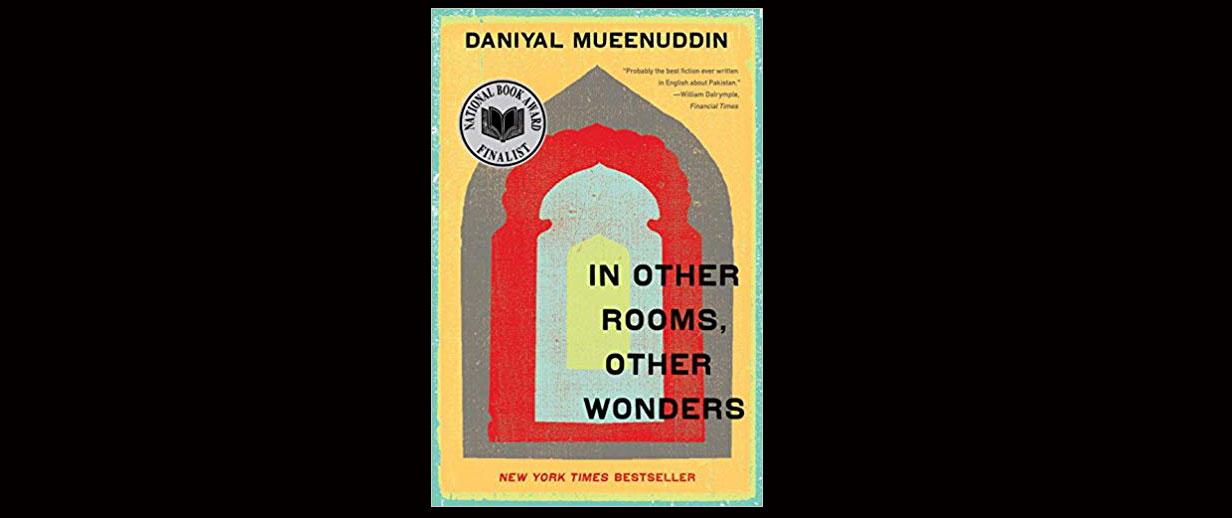


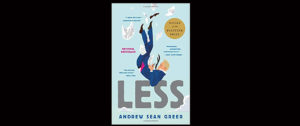


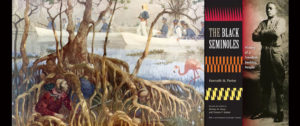



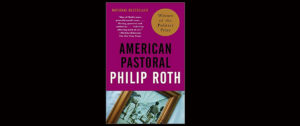






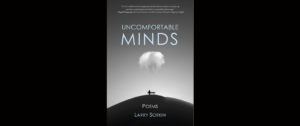




















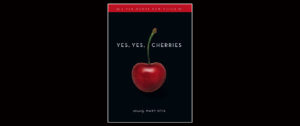


This is an excellent review–which is, of course, my take as I’m publishing it. But I would add for the record that it’s a bit more generous than I’d have been. For my taste the stories, for the most part, don’t stand alone very well. But I think that Dr. Riaz’s review provides that assessment, though not as brutally as I’ve stated it.